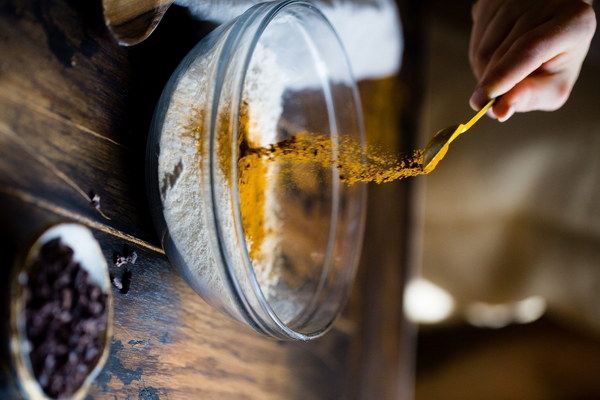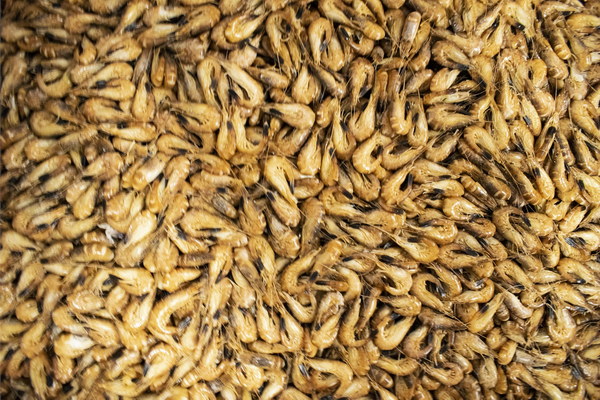Boosting Your Baby's Immune System A Guide to Lung and Spleen Health in Infants
In the tender years of infancy, the immune system is still developing, making babies more susceptible to respiratory and digestive issues. As parents, it's crucial to take proactive measures to ensure that your little one's body remains strong and healthy. One such approach is to focus on lung and spleen health, which play pivotal roles in protecting against common ailments. This article delves into the significance of nurturing your baby's lung and spleen health, offering practical tips and insights on how to achieve this delicate balance.
Understanding Lung and Spleen Health in Infants
The lung and spleen are two of the most important organs in the traditional Chinese medicine (TCM) system, which emphasizes the importance of maintaining a harmonious balance between them. In infants, these organs are responsible for various functions:
- Lungs: They are responsible for breathing, providing oxygen to the body, and expelling carbon dioxide. In TCM, the lungs also govern the skin and hair, and play a significant role in the immune system.
- Spleen: The spleen is in charge of transforming and transporting nutrients from the food we eat, ensuring that the body receives the necessary energy and strength. It also plays a key role in blood production and the immune response.
When the lung and spleen are balanced, infants are better equipped to fight off infections and maintain overall health. However, when this balance is disrupted, it can lead to issues such as respiratory infections, diarrhea, and poor growth.
Practical Tips for Nurturing Lung and Spleen Health
1. Breathing Exercises: Encourage your baby to breathe deeply and slowly. This can help strengthen the lungs and improve oxygenation. Simple exercises like chest compression can be beneficial.
2. Nutritional Support: A well-balanced diet rich in essential nutrients can bolster your baby's immune system. Incorporate foods that are known to support lung and spleen health, such as ginger, garlic, and turmeric. Breastfeeding is also highly beneficial, as breast milk provides essential antibodies and nutrients.
3. Hydration: Keeping your baby well-hydrated is crucial, as it helps to thin mucus and prevent respiratory infections. Offer small amounts of water or breast milk throughout the day.
4. Regular Exercise: Gentle, age-appropriate physical activities can help improve lung capacity and overall fitness. Activities like tummy time, crawling, and playing with soft toys can be beneficial.
5. Avoiding Harmful Substances: Limit exposure to secondhand smoke, air pollutants, and allergens, as they can weaken the immune system and compromise lung and spleen health.

6. Probiotics: Introducing probiotics through breast milk or supplements can help maintain a healthy gut flora, which is closely linked to immune function.
7. Herbal Remedies: Certain herbal remedies, such as Astragalus and Eleuthero, may support lung and spleen health. Consult with a healthcare professional before administering any herbal treatments to your baby.
8. Regular Check-ups: Keep your baby's healthcare provider informed of any concerns or changes in health. Regular check-ups can help identify potential issues early on.
Conclusion
Maintaining your baby's lung and spleen health is essential for their overall well-being and immune function. By incorporating these practical tips into your daily routine, you can help ensure that your little one grows up strong and resilient. Remember, a balanced approach that combines nutrition, physical activity, and a healthy lifestyle is key to nurturing your baby's lung and spleen health.









